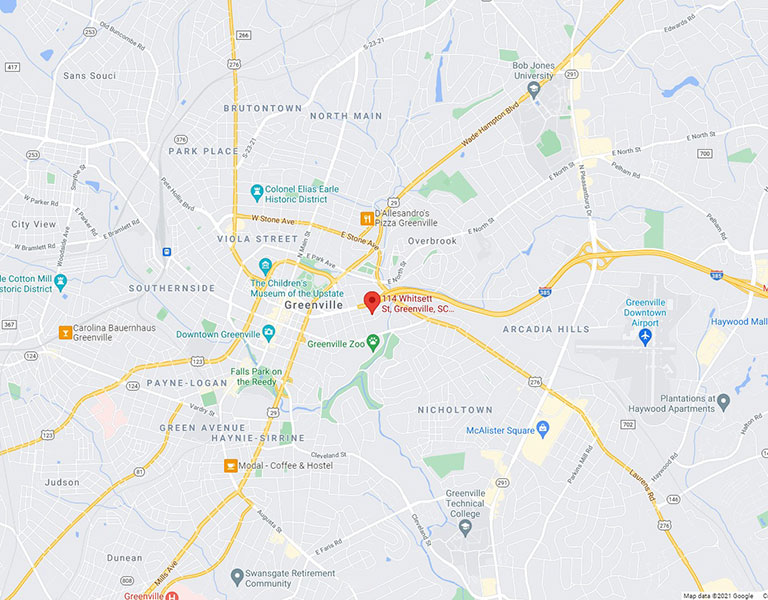It is natural to be nervous if law enforcement officers try to question you. However, understanding your rights in the United States where this is concerned can save you a lot of trouble. There are a variety of law enforcement officers that may try to question you, on the federal, state or local level.
Some examples of law enforcement officers that might try to question you include Joint Terrorism Task Force members, Agents from the FBI, Department of Homeland Security and more. However, according to the ACLU, you have the constitutional right to remain silent and do not need to answer questions they ask.
What if I am in jail?
No matter what the circumstances are, you still have the constitutional right to remain silent. Even if you are arrested, in jail or you do not feel free to walk away from the officer for any reason, you cannot be punished for maintaining silence or refusing to answer a question. Actually, it is best to refuse to answer questions until you can talk to a lawyer first.
The only person who can force you to answer questions is a judge. With anybody else, it is smart to maintain your silence.
Are there any exceptions?
In some states, it is necessary for you to tell the police officer your name, but South Carolina is not one of these states. This means that you can remain entirely silent. The other exception is if you are driving and a law enforcement officer pulls you over for a traffic violation. Then you must show your license, proof of insurance, and vehicle registration. However, you do not need to answer questions.


